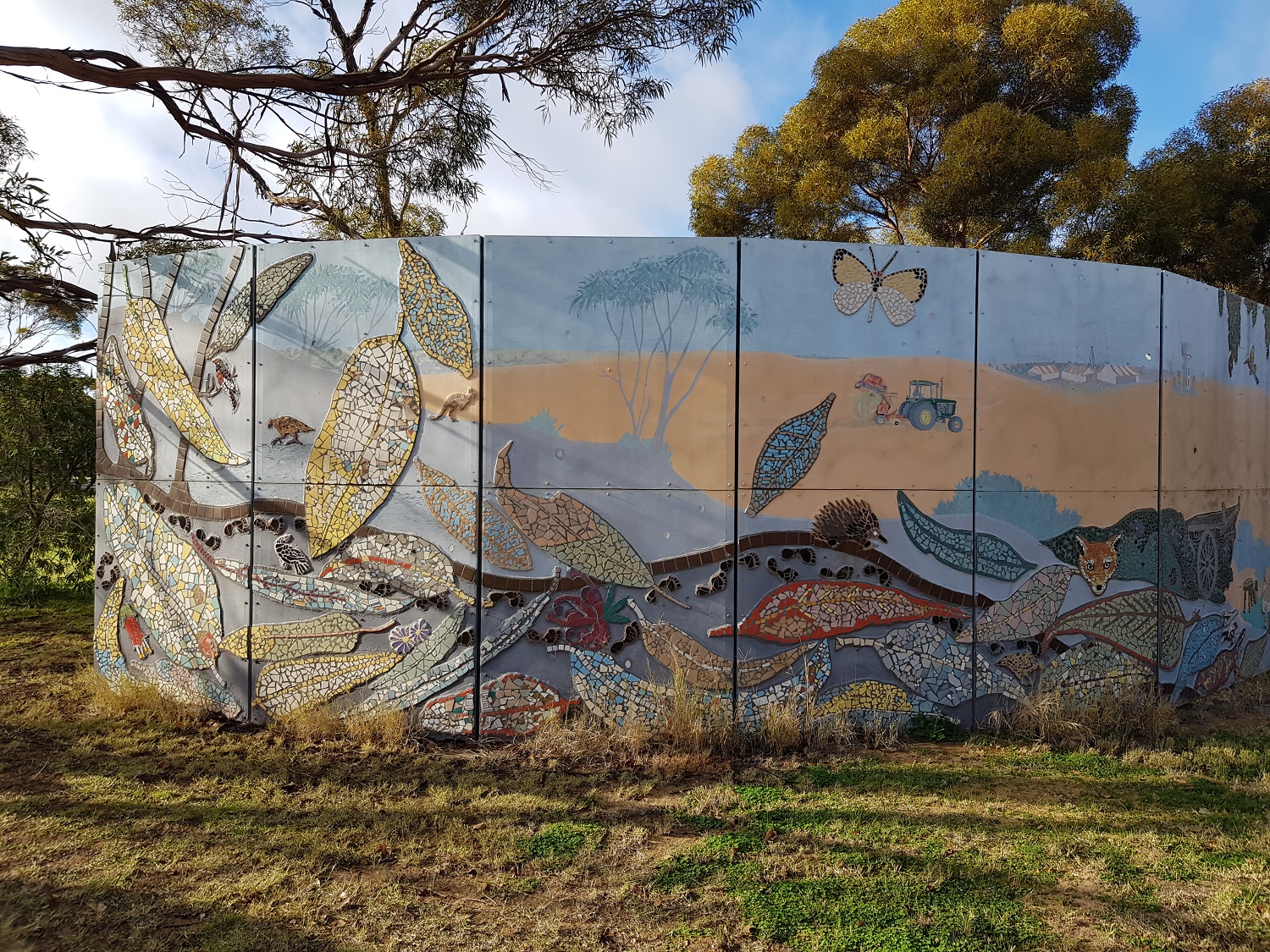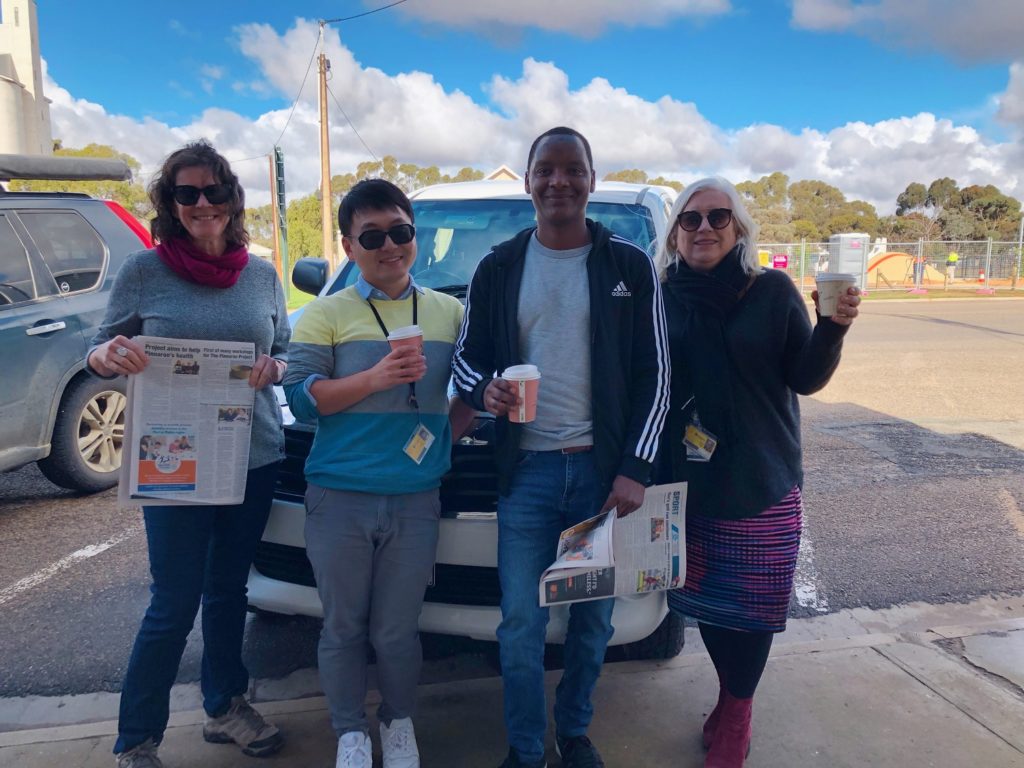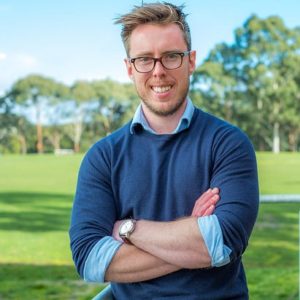
Participation in arts and cultural activities could help improve the health and wellbeing of regional communities, researchers at the Flinders Caring Futures Institute say.
Professor Robyn Clark and her team of cardiac health researchers have partnered with the Pinnaroo community in the Murray Mallee to measure the effect of an arts and health program on the health and wellbeing of residents.
The researchers are conducting the study to understand the health needs of the town and to monitor and measure what impact participation in arts and culture has on cardiovascular health and community wellbeing.
The team say this novel, non-medical approach could help address the high burden of chronic disease in Australian regional communities.
The Pinnaroo Project is a three-year arts and health initiative that aims to improve the health and wellbeing of the Pinnaroo community through a range of creative activities that celebrate the heritage and culture of the region.
Pinnaroo is well-known for its creativity and innovation. In recent years local residents developed the Pinnaroo Wetlands which was showcased on the ABC’s Gardening Australia program. The community also opened a community-run health and fitness centre and in 2020 Pinnaroo was named Agricultural Town of the Year.
Together with Professor Clark, cardiovascular researcher Sara Noonan will evaluate residents’ health at intervals during the three-year project to describe the link between participating in art activities and its impact on cardiovascular disease risk factors and wellbeing.
In Australia heart disease kills one person every 18 minutes, equating to on average of 79 people dying of heart disease every day.


“This is another example of Pinnaroo’s can-do approach to issues that affect their community, and we feel privileged to be part of it,” Prof Clark says. “We have a strong team which includes partners from the Flinders College of Humanities, Arts and Social Sciences, SAHMRI, and the SA arts community.”
All residents aged eight years and over, regardless of their involvement in arts activities, are eligible to participate in the health study which is free, confidential and takes about 20 minutes to complete.
Participants will complete a questionnaire which identifies lifestyle risk factors including family and personal disease history, lifestyle behaviours (smoking status, alcohol and illicit drug use, diet choices, physical activity), mental health, and self-management capacity.
The team will also record cardiovascular disease markers including blood pressure, height, weight, and girth, and blood glucose and blood cholesterol using a finger prick technique. Study participants will be evaluated before, during and after the art intervention.
The art activities are still being finalised however, last week participants engaged the first workshop, silk scarf painting. It is anticipated that data collection will begin in August.
The project received grant funding from the Flinders College of Nursing and Health Sciences and the College of Humanities, Arts and Social Sciences under the Flinders Arts in Health Alliance. The project also received funding from the Pinnaroo community itself as well as being supported by the Integrated Cardiovascular Clinical Network SA (iCCnet) which has loaned clinical equipment.
Prof Clark hopes that this project will create opportunities to work with other communities, including Aboriginal, Torres Strait Islander and migrant groups in the future to evaluate art and culture activities and the health and wellbeing impact for these groups.
For more information on The Pinnaroo Project visit the Facebook page.

